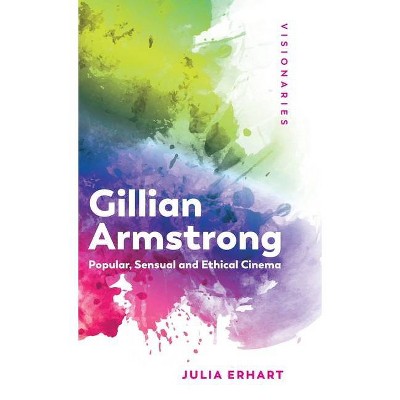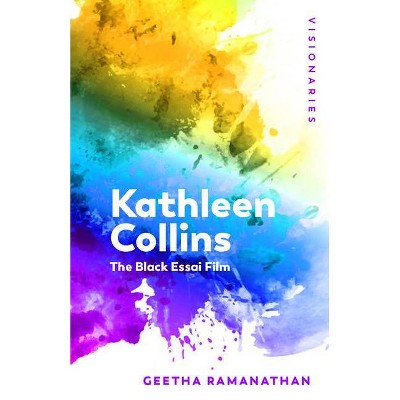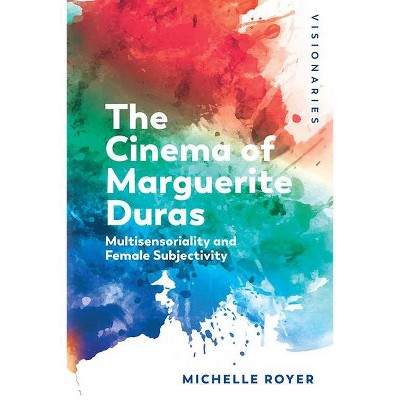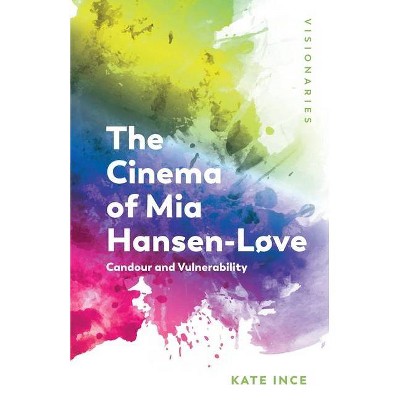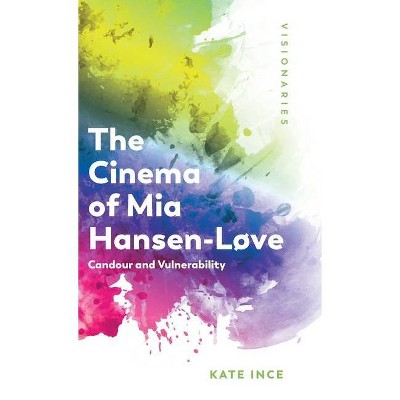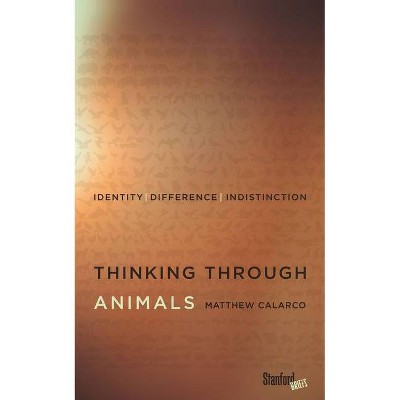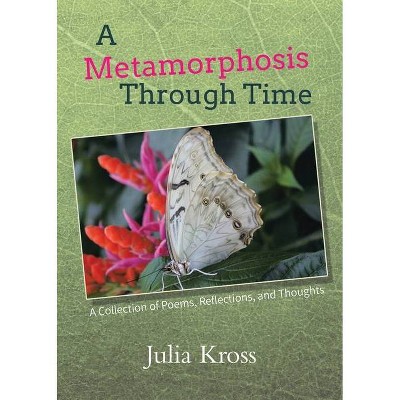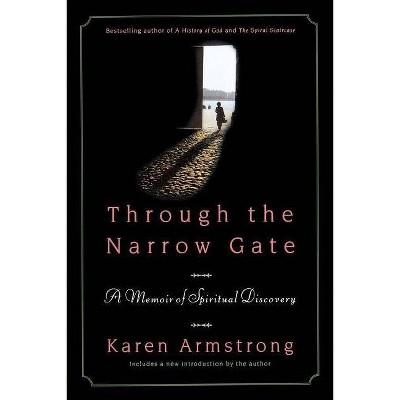Gillian Armstrong - (Visionaries: Thinking Through Female Filmmakers) by Julia Erhart (Paperback)

Similar Products
Products of same category from the store
AllProduct info
<p/><br></br><p><b> About the Book </b></p></br></br><p>This important book fills a gap in the literature on women screen practitioners and is a long overdue response to demands for new insight into the work of Gillian Armstrong.</p><p/><br></br><p><b> Book Synopsis </b></p></br></br><p>Explores how Armstrong's films re-work conventions about literary adaptation, biography and realist storytelling</p> <ul> <li>Examines Armstrong's work in light of new media scholarship and philosophies, including feminist cinematic ethics</li> <li>Situates Armstrong's achievements in the context of Australian film policies and history</li> <li>Provides an examination of never-before-studied elements, including Armstrong's short films</li> <li>Includes a never-before-utilised oral history project with Armstrong</li></ul> <p>A commercially successful Australian director of over eighteen feature films and documentaries, including <em>My Brilliant Career</em> (1979), Gillian Armstrong is an early, notable example of a woman director connecting with mass audiences. Armstrong's films are unique in their aesthetic expression and in the ethical relationships that they depict, framed through the language of gender inclusivity and due in part to her foregrounding of original, complex and nuanced female characters. This important book fills a gap in the literature on women screen practitioners and is a long overdue response to demands for new insight into the work of this significant director.</p><p/><br></br><p><b> From the Back Cover </b></p></br></br>'Defying the odds at every turn, Gillian Armstrong's sustained career over four decades has inspired two generations of women to take up filmmaking. In this timely book, Julia Erhart draws on four decades of feminist film critique to illuminate for a new generation the body of experimental, realist, biographical, documentary and period films directed by Armstrong. Erhart's knowledge of and passion for Armstrong's cinema makes compelling reading.' Felicity Collins, La Trobe University A commercially successful Australian director of over eighteen feature films and documentaries, including My Brilliant Career (1979), Gillian Armstrong is an early, notable example of a woman director connecting with mass audiences. Armstrong's films are unique in their aesthetic expression and in the ethical relationships that they depict, framed through the language of gender inclusivity and due in part to her foregrounding of original, complex and nuanced female characters. This important book fills a gap in the literature on women screen practitioners and is a long overdue response to demands for new insight into the work of this significant director. Julia Erhart is Associate Professor in Screen Studies at Flinders University. Cover design: [EUP logo] edinburghuniversitypress.com ISBN 978-1-4744-4051-6 Barcode<p/><br></br><p><b> About the Author </b></p></br></br><p>Julia Erhart is Associate Professor in Screen and Media Studies at Flinders University.<p>
Price History
Price Archive shows prices from various stores, lets you see history and find the cheapest. There is no actual sale on the website. For all support, inquiry and suggestion messagescommunication@pricearchive.us
